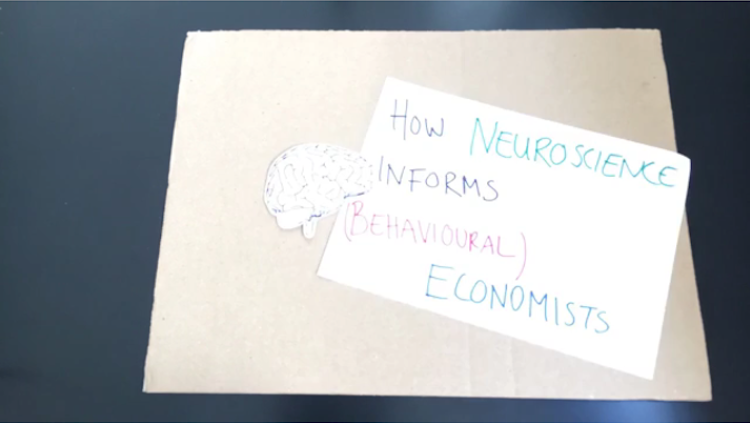The March for Science will occur April 22, 2017 across the nation and the world, with a significant turnout expected in Washington D.C. The march has not been without controversy within the scientific community, including whether diversity and social justice have been placed as central to the march organization and goals as it should be. There’s also the notion that when one marches that it’s only “against” something, and for some there’s no compelling counter argument, no matter how many times organizers reassure the public that the march is “for science."
But a more troubling and meaningful question is also being asked: should scientists march?
Avoiding the Bear
Some scientists point out (rightly) that government-funded science receives bipartisan support. When it comes to diseases like cancer, Alzheimer’s, Parkinson’s and epilepsy, the most jaded congressman is either directly affected, or likely has a family member touched by disease in some way. Why be seen as “poking the bear,” which could create some sort of backlash? Wouldn’t marching make researchers a political target?
The fact is that while the NIH, NSF and other government science agencies receive support across the political spectrum, recent spending trends have imperiled the standing of America among the community of scientifically advanced nations. The rate of investment in science by the government has not kept pace with the rate of inflation, thus each year publicly-funded science basically gets a pay cut. The consequences of this pay cut are that it’s exceedingly more difficult each year to successfully capture government funding for excellent projects that might be the next treatment or cure for something you care about.
Beyond the immediate concerns brought about by underfunding scientific infrastructure, there’s a longer term chilling effect on our future scientific capabilities. In today’s funding climate, young people who might ordinarily choose to be scientists are questioning whether years of training to be an independent scientist are rational, when it is possible that at the end of that training funding for research will be reserved for elite scientists at ever more elite institutions. These young people are wagering their future on a system with smaller and smaller chances of success. This translates into a larger proportion of our best and brightest making different choices about their career — good for them, perhaps, but bad for America. So when it comes to “poking the bear,” many young people (and many older investigators) feel that with every sequester, with every omnibus bill that does not address the fundamental value and priority of research to our standard of living, well-being, and every harmful national policy decision that sets aside scientific data, that “the bear” is already quite active.
Politicizing Science?
Another argument against the March for Science goes something like this: “Science is apolitical — therefore scientists should be apolitical.” While it’s true that along with other biases, scientists should keep their political leanings out of the lab (or field, or nuclear accelerator), consider what this means: that scientists don’t have the same rights as other citizens. Scientists pay taxes and go to war and contribute in ways that other citizens contribute to our society (not even considering that many of them are working on treatments and cures for disease – which has its own value), yet the stance that scientists should not exercise their First Amendment rights relegates scientists to a position that is inherently less than citizenship.
Suppressing the speech of scientists neuters the very people who should have a say in scientific matters. If there were a national plumbing emergency, we wouldn’t silence the plumbers — we’d want to hear from them. Likewise, when we face Ebola, Zika, climate change, the coming tidal wave of Alzheimer’s disease, or an opioid epidemic, we should probably hear from the scientists. Science, it has been said, “doesn’t care what you believe.” This refers to the fact that science is a method of getting closer and closer to consensus. If I perform an experiment, I report the results of that experiment in peer-reviewed scientific publications. My anonymous colleagues first review and pass judgment on the findings before they are published. Once published, other colleagues are free to repeat the experiment and see whether they obtain the same result and reach the same conclusion. With some variation, this method: testing hypotheses, refining the study, publishing the result, forming a general theory, testing its predictions and communicating the results has been the key to the success of science since the time of Ibn al-Haytham.
The idea that a scientist would fail in communicating the nature or importance of their science by not standing up for this process, or the human knowledge derived from it, would mean that we should be incomplete scientists. More than this — we would be incomplete American citizens.


















